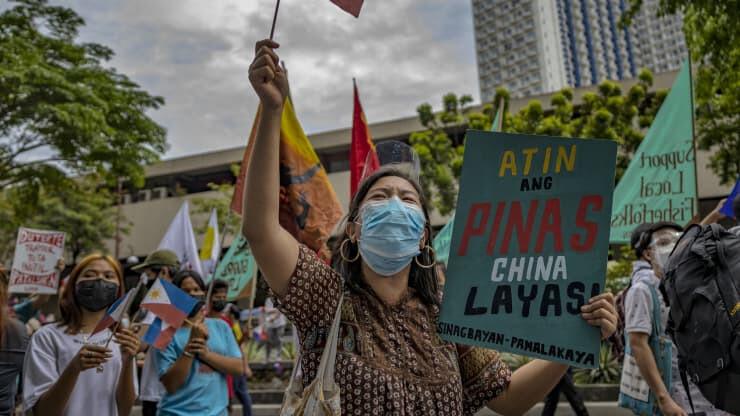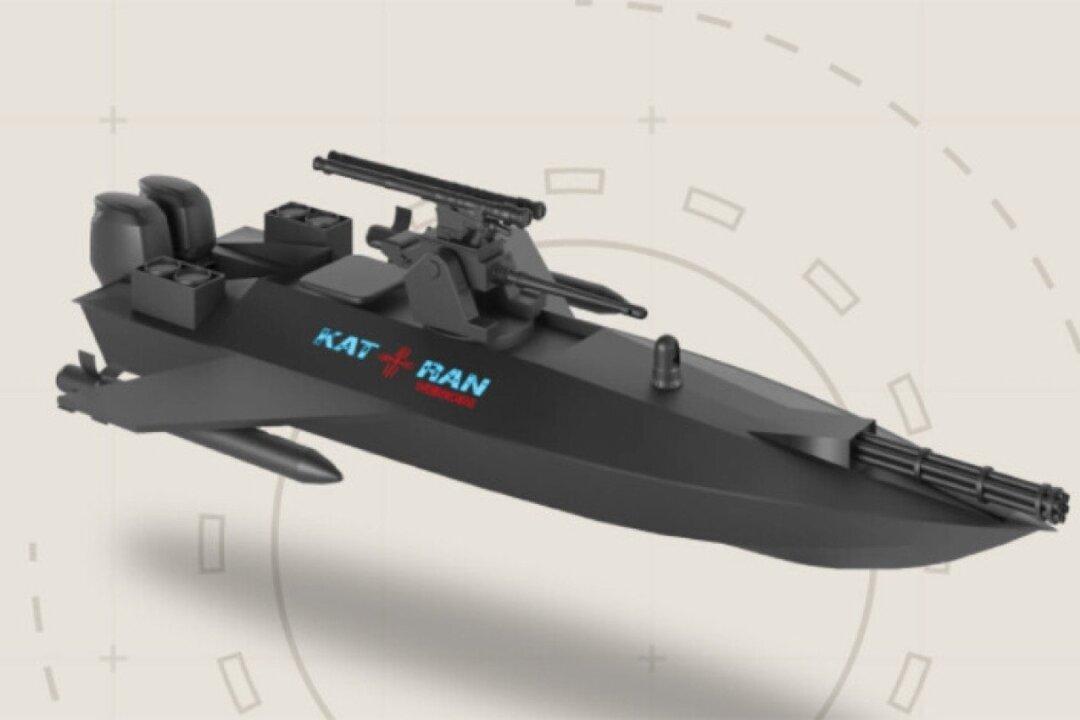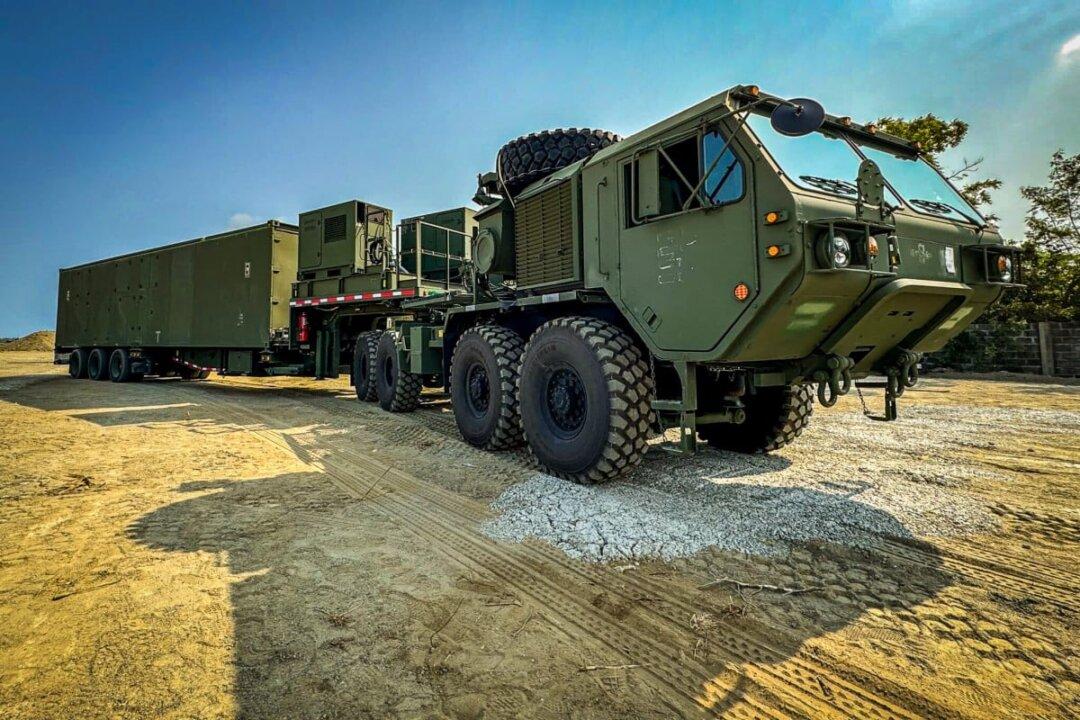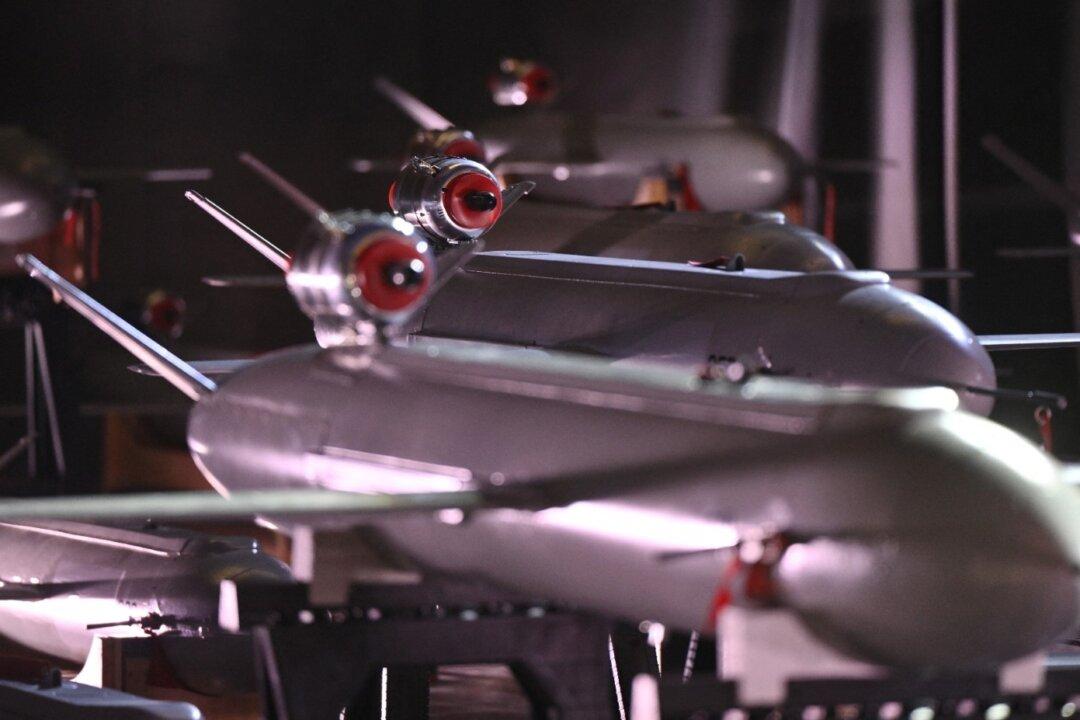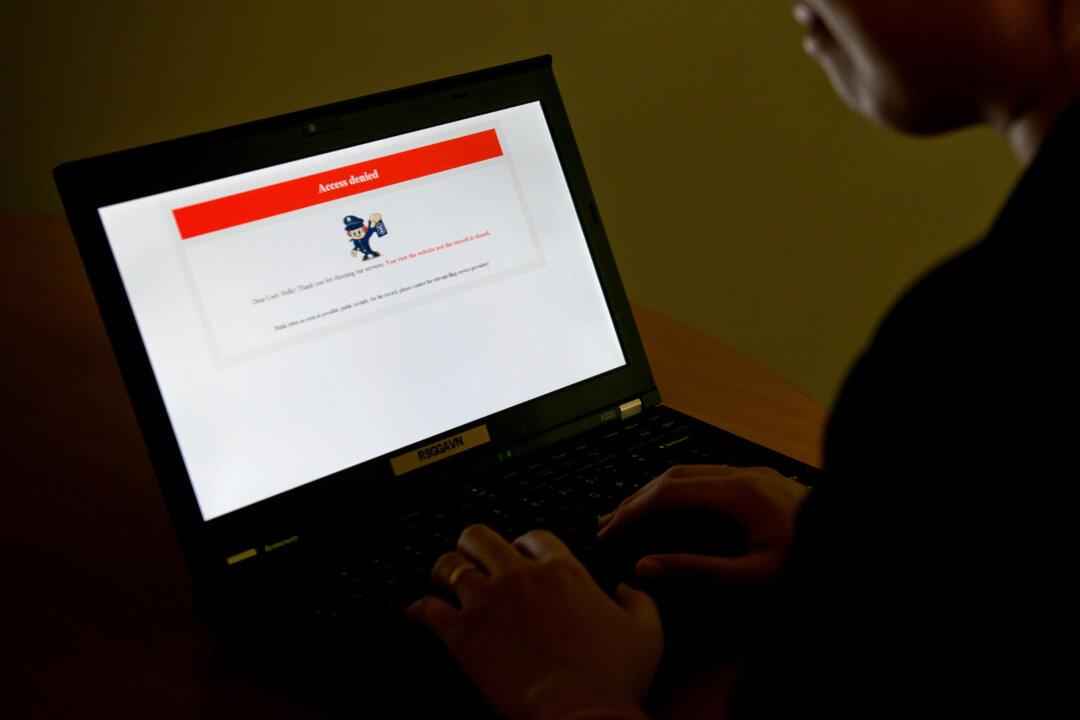The Philippine government, which once tried to defuse the South China Sea conflict by wooing the Chinese Communist Party (CCP), is facing mounting discontent at home due to repeated provocations from the latter. The defense establishment is also increasingly dissatisfied with President Duterte’s concessions to the CCP in the South China Sea.
It all started with the Hague arbitration five years ago. The Philippines accused the CCP of violating the United Nations Convention on the Law of the Sea (UNCLOS) by claiming maritime rights based on the “nine-dash line” in the disputed waters of the South China Sea, as well as maritime law enforcement and reef development activities. It then filed a complaint with the Permanent Court of Arbitration (PCA) in The Hague.
